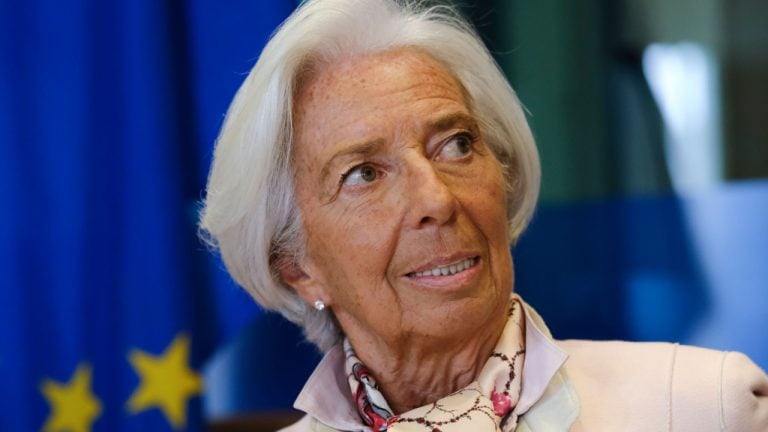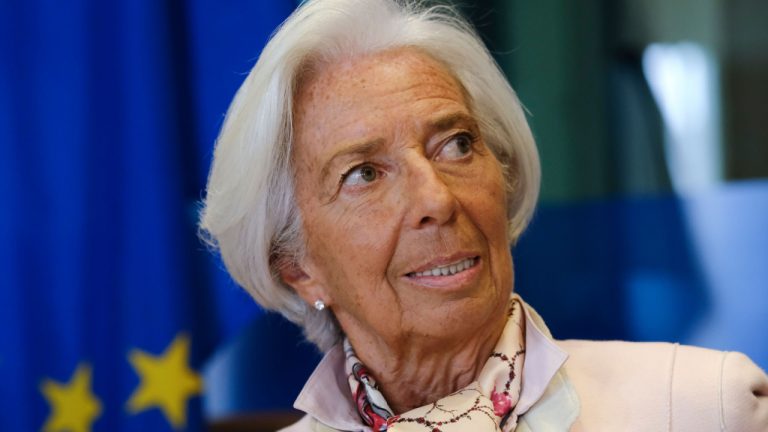Euro at 25: ECB President Christine Lagarde Calls Euro the ‘World’s Second Most Important Currency’


The president of the European Central Bank Christine Lagarde and fellow European Union leaders recently hailed the euro for its role in giving the bloc “greater sovereignty in a turbulent world.” The EU leaders added, however, that more still needs to be done if the bloc and the currency are to emerge from the present-day challenges unscathed.
‘World’s Second-Most Important Currency’
According to Christine Lagarde, the president of the European Central Bank, the euro has given the European Union (EU) “greater sovereignty in a turbulent world” since its issuance twenty-five years ago. In a joint statement to mark the currency’s 25th anniversary, Lagarde claimed that the euro has made “life simpler” for European citizens and protected growth and jobs.
Launched on January 1, 1999, the EU currency project initially started with 11 countries participating, but this number has since grown to 20 countries. Despite the euro’s emergence as the “world’s second most important currency,” Lagarde and other EU leaders still acknowledged that it has seen its fair share of challenges.
During what was one of the euro’s worst periods, the currency, which commenced trading with an exchange rate of €1:$1.17, nearly reached parity with the greenback in October 2023. It has however recovered and was trading around €1:$1.11 at the time of writing (10.00 PM GMT).
Bringing the Euro Into the Digital Age
Commending the steps taken by the bloc to ensure the euro’s survival in an era dominated by sovereign debt crises, Lagarde and her colleagues said:
In response to the global financial crisis and sovereign debt crisis, for example, we established safeguards like the harmonised system of banking supervision and resolution or the European Stability Mechanism. Today, support for the single currency among euro-area citizens is close to record levels.
The EU leaders added, however, that more still needs to be done if the bloc and the currency are to emerge from the present-day challenges unscathed. Overcoming these challenges, which include rising geopolitical tensions, will require the EU to prioritize issues like defence, green, and digital transitions, the joint statement said.
Lagarde and her colleagues suggest that prioritizing such issues potentially includes bringing the single currency itself into the digital age. This will likely be done by setting the foundations for a digital euro that complements cash.
What are your thoughts on this story? Let us know what you think in the comments section below.


